Environmental Activity Report
Initiatives for a Decarbonized Society
Awareness of social issues and basic thinking on a decarbonized society
The Paris Agreement, which was adopted at the Conference of the Parties to the United Nations Framework Convention on Climate Change (COP) in 2015, set goals for all nations to substantially reduce greenhouse gas (GHG) emissions to limit the average global temperature increase. In response to this, the Japanese government declared “2050 Carbon Neutral” to reduce GHG emissions to zero by 2050. Within this trend, the Ryoden Corporation Group has strengthened its approach to limiting GHG emissions from “low carbon” to “decarbonize.”
Currently, based on the RYODEN CORPORATION Group’s Environmental Vision established in 2020, we are addressing issues such as reducing GHG emissions from electricity use in the Company to zero by 2030.
In addition, as its own index, the Company visualizes the amount of its GHG emissions and its contribution to their reduction, and implement Total Carbon Management company-wide. We will continue to contribute to the reduction of greenhouse gases from a lifecycle perspective.
Use of clean electricity to achieve net-zero GHG emissions
We are also working to use renewable clean energy as a means of reducing and absorbing GHG emissions. RYODEN is pursuing an initiative to use clean energy at all Group offices by using a non-fossil fuel energy certificate with tracking* from its Kurihara Photovoltaic Power Plant (Kurihara City, Miyagi Prefecture) that it operates. The Head Office building switched and began using this in August 2021.

*Non-fossil fuel energy certificate: Non-fossil fuel energy value from renewable energy in the form of a certificate that can be bought and sold. Fossil fuel energy refers to energy obtained by burning fossil fuels such as petroleum, coal, and natural gas. Non-fossil fuel energy refers to energy from solar, geothermal, wind, and hydro power that does not rely on fossil fuels (=renewable energy)
Please check here for the maintenance plan for our Kurihara Photovoltaic Power Plant.
Value created by responding to social issues
In order to pass on a clean planet for the future, the RYODEN Group makes efforts to reduce its energy consumption by using the latest air-conditioning technology, efficient lighting and electrical appliances, fuel-efficient cars, and so forth. In addition, we regard environmental initiatives as medium- and long-term growth opportunities, and recognize creation of environmental solutions that contribute to life-cycle thinking for enhancement of environmental value as a key managerial priority. The RYODEN Group provides total support for the achievement of ZEB, which aims for net zero energy consumption in a building by saving and creating energy while creating a comfortable interior environment, and for the introduction and operation of environmental management systems (EMS) designed to help achieve environmental targets in offices, factories, and other facilities.
-
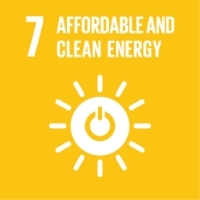
Target 7.2
Increase substantially the share of renewable energy in the global energy mix by 2030.
-
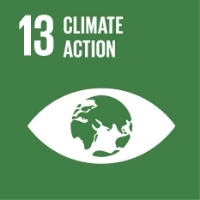
Target 13.2
Integrate climate change measures into national policies, strategies, and planning.
-
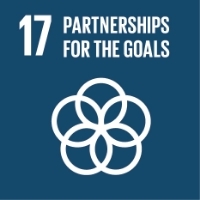
Target 17.14
Enhance policy coherence for sustainable development.
Initiatives for Creating a Circular Society
Awareness of social issues and basic approach for creating a circular society
The Sustainable Development Goal 12 calls for sustainable consumption and production patterns to be ensured. It notes the finiteness of resources as energy demand increases with global population growth and calls on companies to optimize product life cycle and use resources more efficiently as a social responsibility. The environmental problem of marine plastic debris is spreading globally, and the conditions for maintaining the conventional social system based on mass production, consumption,and disposal are beginning to collapse. Based on co-creation and collaboration, it is important for each of us to play a role in working toward the common goal of building “a society where there is no concept of waste.”Based on this thinking, the RYODEN Group has made a commitment to a circular society by using FSC certified paper, promoting 3R, the Ecocap Movement, and so forth. In addition to striving to curb the discharge of waste, all employees in the Group are united in creating a circular society where all materials possible are utilized effectively through reuse or recycling. At the same time, we stay focused on the proper management of information on chemical substances in products and the smooth communication of information.
Value created by responding to social issues
The RYODEN Group is making efforts to contribute to the formation of a circular society by continuous initiatives in reducing waste and increasing recycling rates (reduce, reuse, recycle of waste). Specific initiatives include halting deforestation by using FSC certified paper while contributing to the creation of a framework to sustainably and appropriately manage forests necessary for production.
From the perspective of reducing substances of concern in products, we are continuously promoting the procurement of safe and secure products and working to reduce substances of concern included in raw materials and ingredients in order to realize the sustainable management of chemical substances. In addition to increasing the transparency and safety of chemical substances used in our products, we are working with our business partners to develop best practices in the handling and management of chemical substances, such as promoting alternatives to substances of concern.
-
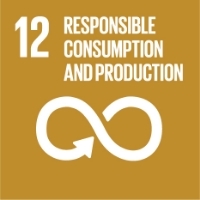
Target 12.2
By 2030, achieve the sustainable management and efficient use of natural resources.
Target 12.5
By 2030, substantially reduce waste generation through prevention, reduction, recycling and reuse.
-
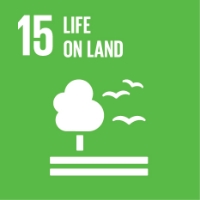
Target 15.2
By 2020, promote the implementation of sustainable management of all types of forests, halt deforestation, restore degraded forests and substantially increase afforestation and reforestation globally.
-
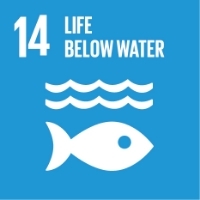
Target 14.1
By 2025, prevent and significantly reduce marine pollution of all kinds, in particular from land-based activities, including marine debris and nutrient pollution.
-
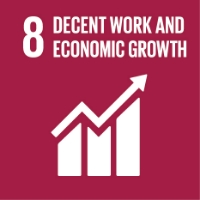
Target 8.4
Improve progressively, through 2030, global resource efficiency in consumption and production and endeavour to decouple economic growth from environmental degradation, in accordance with the 10-Year Framework of Programmes on Sustainable Consumption and Production, with developed countries taking the lead.
Chemical substance management
With the expansion of efforts in chemical substance management on a global scale, companies are increasingly faced with the challenge of complying with chemical substance management regulations in foreign countries. The RYODEN Group stays focused on the proper management of information on chemical substances in products and the smooth communication of information.
Towards enhanced management systems
In April 2011, the Group established a department specializing in managing information on the chemical substances contained in our products. Sales divisions coordinate with the specialist department to respond to customer demands. In April 2010, one year before establishing the specialist department, we joined the Joint Article Management Promotion-consortium (JAMP).
Since then, we have strived to ensure timely acquisition of the information on industry trends and latest information in the management of the chemical substances contained in our products. We are also engaged in enhancing our management systems, with reference to the guidelines published by JAMP.
Respond to diverse needs
In addition to chemSHERPA, we respond to a wide variety of needs including for JAPIA sheets, ICP data and non-use certificates, through the cooperation of our suppliers. We also comply with ProChemist/AS (electric machinery and electronics industries) and IMDS (automobile industry), and provided customers with some 20,000 pieces of information in FYE2022.
Process for managing and conveying information on chemical substances
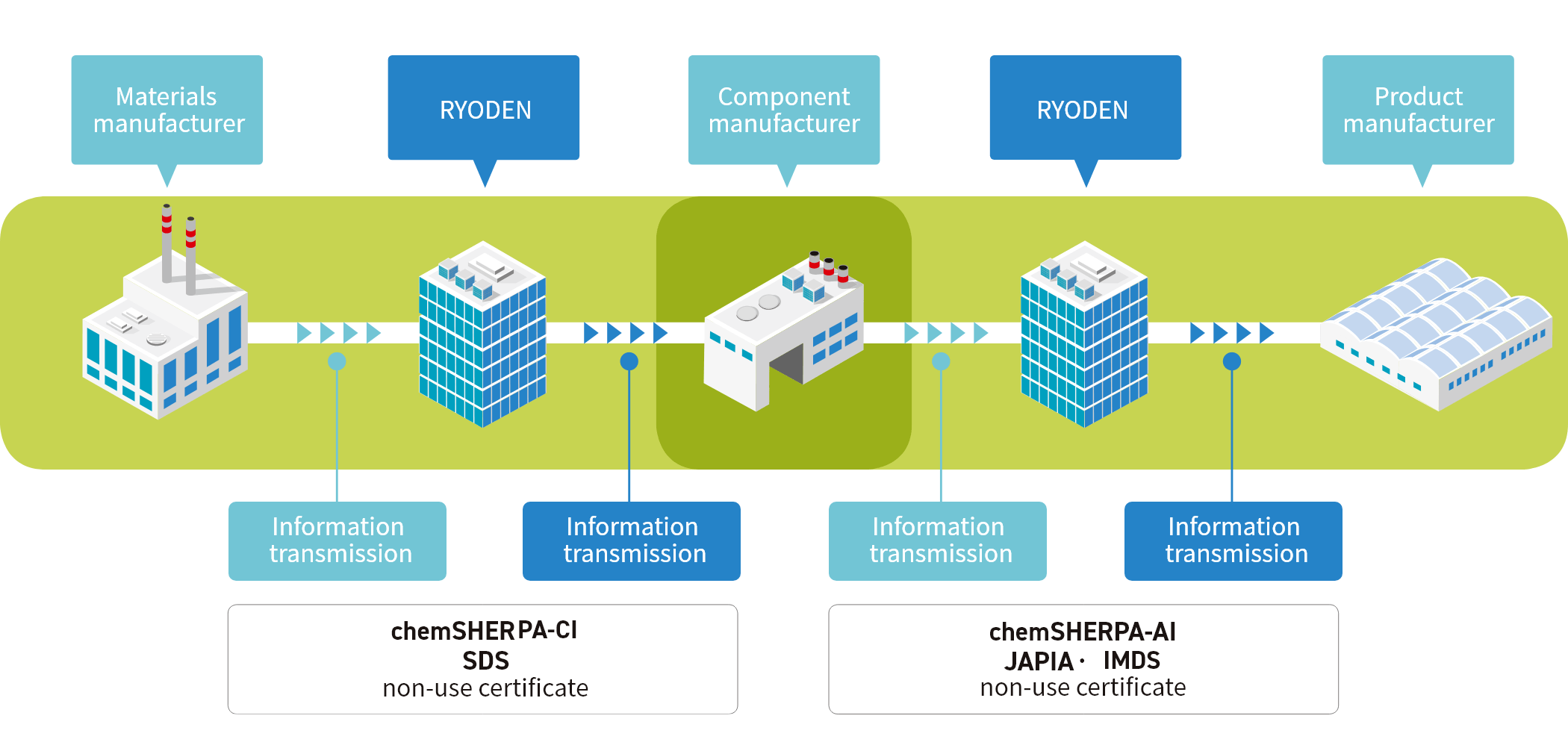
Household eco-account book for the environment
Since 2007, we have been encouraging our employees to have a household eco-account book, in line with the Ministry of the Environment's recommendations.
Through creating a household eco-account book, it is possible to "visualize" not only the business activities of the company itself, but also the environmental impact reduction activities of each household as well.
This will enable each household to review their own environmental activities, which will lead to reduced costs (savings) at home, in turn will less environmental impact on the whole planet.
Carbon dioxide emissions per household in the household eco-account books have been on the decline year on year, while employee awareness of the environment has been rising each year.
We are committed to helping realize a sustainable society in terms of the environment, safety, and security.